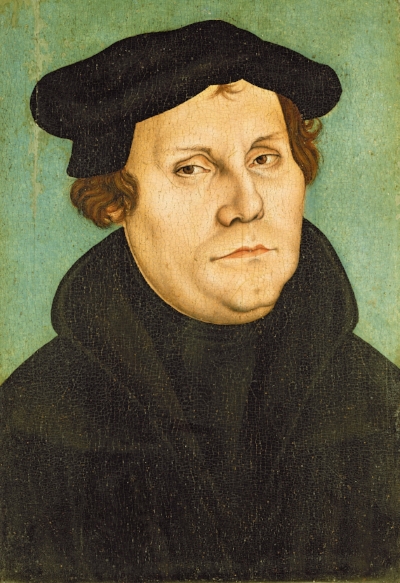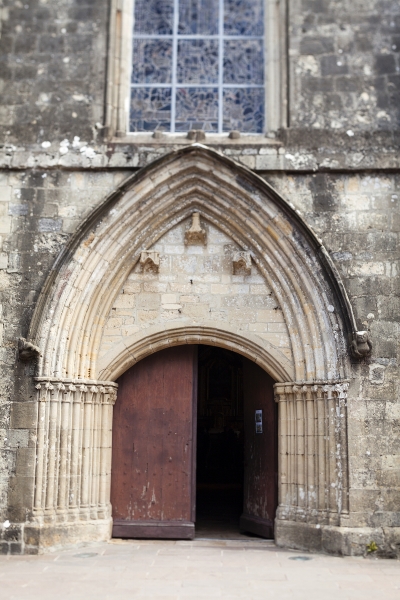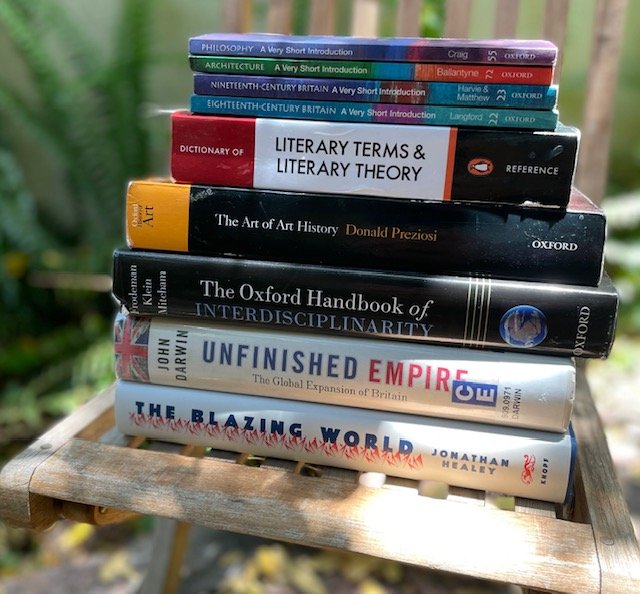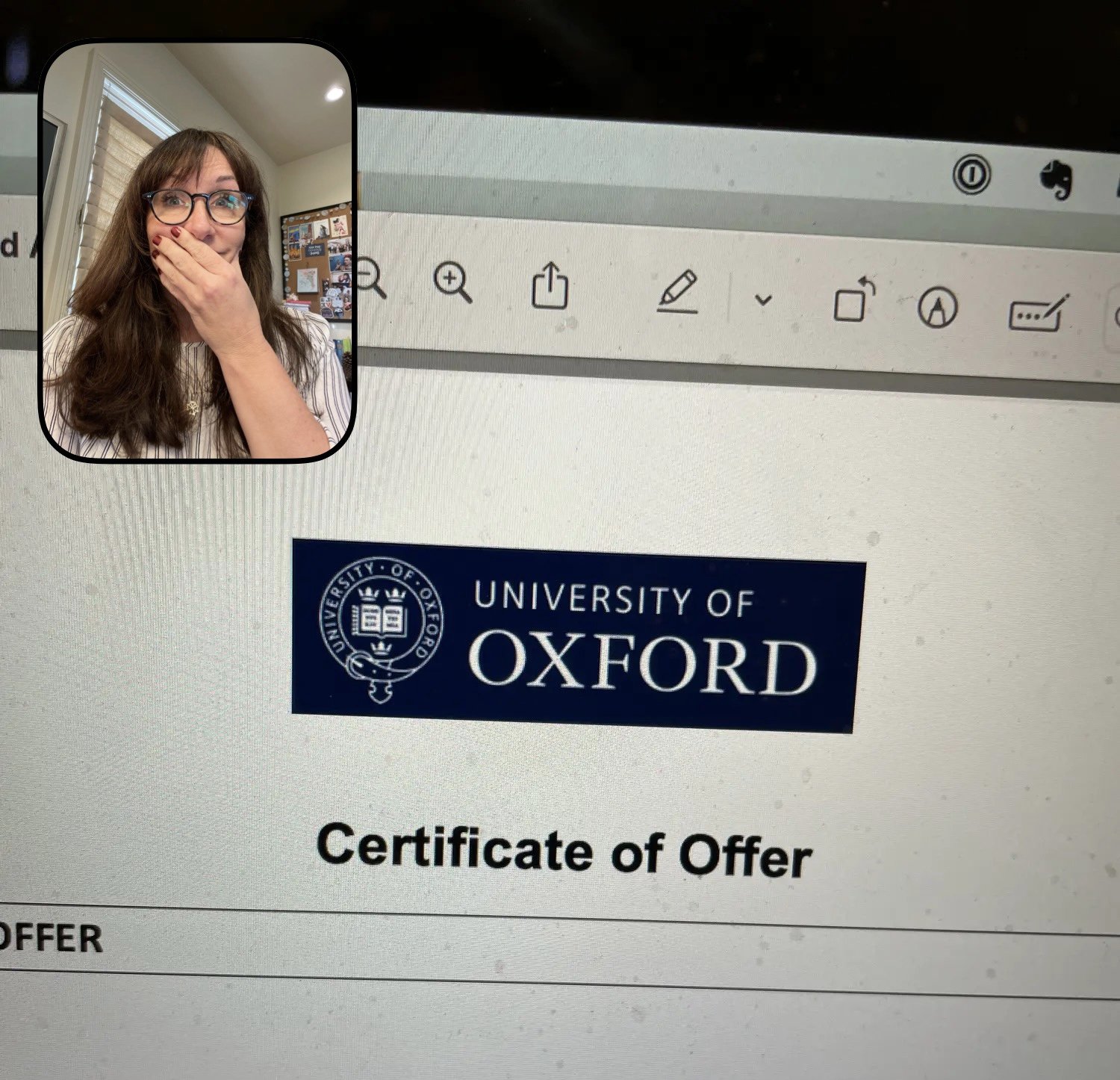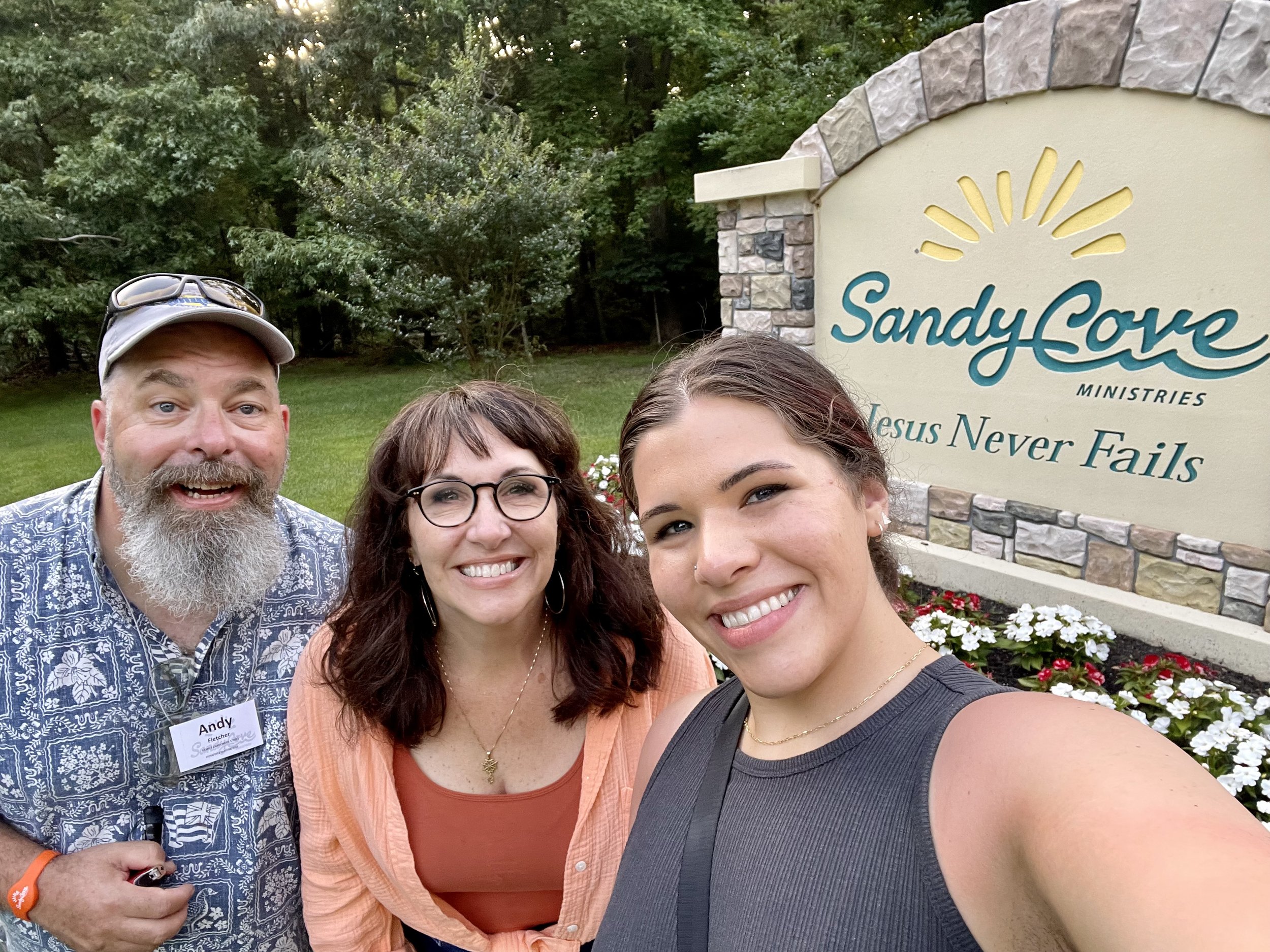For so many reasons, I am not a fan of Halloween. Weird day to celebrate aside, it’s the beginning of “candy season”. Parents, testify.
But October 31, especially this upcoming October 31, is so totally exciting to me. So exciting that for several years we would host a huge celebration commemorating Reformation Day on our property, complete with games, food, a petting zoo, and joyfully loud worship. It was no small feat, but we loved every minute of it. You can have your mini candy bars and plastic pumpkins; I’ll play a rousing game of “Bowling for Popes” and drink to freedom in Christ any old day.
This coming October 31 is particularly special because we’ll be celebrating the 500th anniversary of the day that bold, brash, gutsy, gospel-loving monk named Martin Luther made a public declaration of all the ways the Roman Catholic Church/the most significant Christian church at the time/also the government in most of Europe was royally messing up what the Bible actually said, and keeping the people dumb enough to not be able to read it for themselves.
This is the classic painting of Martin Luther. Imagine living in a time when there were no selfies!
Most Christians look at me cross-eyed when I mention the significance of the Protestant Reformation (freedom, people!) and non-believers barely remember the event — more accurately, series of events — from that one week of world history required of us in American public schools. (I know it’s slightly more than a week; I’m a 20-year homeschooling teacher veteran; I can be snarky.)
95 What?
At the very, very least, what Martin Luther’s public declaration-on-paper, known officially as “Disputation on the Power and Efficacy of Indulgences”, or for us commoners, The 95 Theses, did for the humble folks in Germany and then, quickly, across Europe, was assign them the dignity that Christ himself did and spoke through Scripture: All Scripture is for everyone, regardless of your rank or station in life, skin color, gender, access to education, literacy, etc.
That might not seem significant 500 years later, but 500 years ago, this was huge. Those astounding cathedrals that millions of tourists flock to Europe each year to see*? They were built on the backs of the poor and largely uneducated masses who were told, by the Church, that their sins would be forgiven and ailments healed if they paid for what the Church sold as “indulgences”. In 2017, such a practice would be illegal: our western governments are not theocracies, and we have Martin Luther to thank for getting the ball rolling on that.
But back to the payment to the church for the absolution of sin. If you couldn’t read or if the Bible wasn’t available in any language other than Latin, and you couldn’t read that, then the powers-that-be that could read it had the twisted freedom to tell you whatever they wanted to say it said. In this case, they said it said that you needed to pay hard-earned wages or perform other such nonsense to be forgiven.
Protestants! Wake up! That last line should make the veins in your neck stick out like a fiddler’s elbow. And perhaps it should also make you understand where exactly your history begins. If you call yourself a Protestant, you are a protester (see how that etymology works?).
Why Does It Matter?
But why does all this matter in 2017? Because in 2017 we are living in the aftermath of the decline of the so-called Christian culture that once defined our western world. We have a mix of religions and faiths and cultures converging in not only the Melting Pot of the United States, but increasingly in Canada and Europe. Homogeny is not the standard anymore. I would argue that this is not just a good thing for followers of Christ, but a great thing. We’ve been called to love God and love others, to preach the gospel of Jesus Christ, to live as a reflection of the light of the world. What an opportunity we have when our neighbors no longer identify as Christians just because they were born in America!
Martin Luther understood the gravity of his opportunity, too. He took a chance, compelled by the truth of the gospel and the security he had in the love of God. And he changed history as we know it.
*13,650,000 tourists visted Notre Dame Cathedral in 2016 alone.

